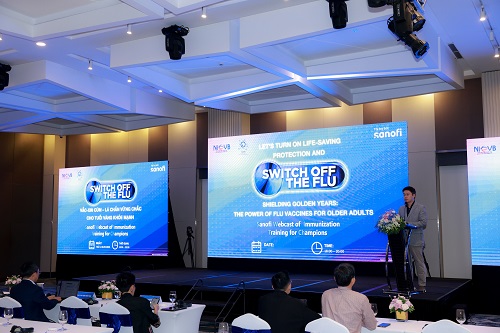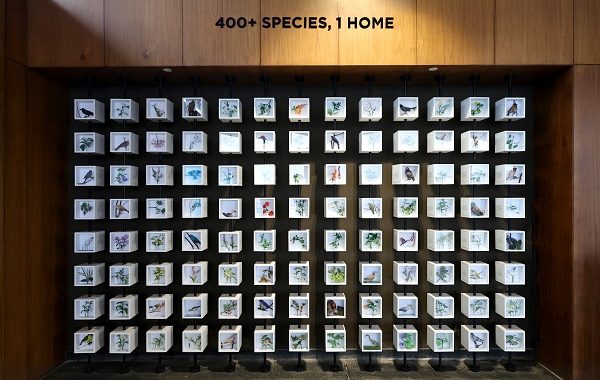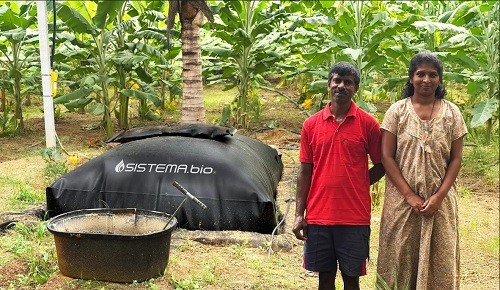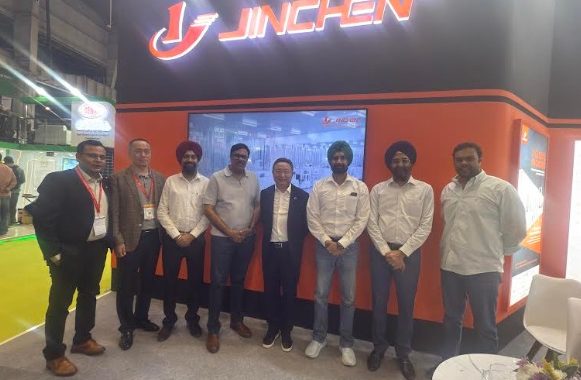BEE observes its 20th foundation day with the National Innovation Conclave on Low Carbon Technologies

BEE observes its 20th foundation day with the National Innovation Conclave on Low Carbon Technologies
More than 35 innovators participated in the exposition organised under the event
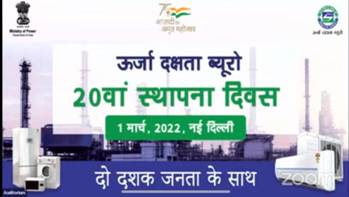
The Bureau of Energy Efficiency (BEE), commemorated its 20th Foundation Day by organising the National Innovation Conclave on Low Carbon Technologies today here. This conclave provided a platform to present the innovations showing benefits of energy savings and greenhouse gas emission reduction potential when deployed at a large scale in industrial and commercial sectors. Facility for Low Carbon Technology Deployment (FLCTD) is a project financed by the Global Environment Facility (GEF), implemented by the United Nations Industrial Development Organisation (UNIDO) in collaboration with the Bureau of Energy Efficiency (BEE).
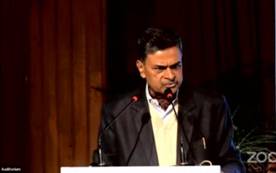
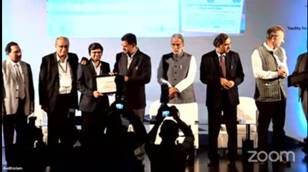
Shri R.K. Singh, Union Minister of Power and New & Renewable Energy, Government of India delivered special address on the occasion. Shri R.K. Singh emphasized that there is a need to establish a robust ecosystem for innovation. We need to help people working in this direction and fill in the gaps for bringing such technologies to market.
At the conclave, Shri Krishan Pa l Gurjar, Minister of State of Power and Heavy Industries, Government of India said that “Energy saving is our responsibility. It is of immense importance for all of us to take steps in the direction of Energy conservation and make this country cleaner and greener.”
The event showcased many low carbon technology innovations developed and validated with the support of FLCTD project. More than 35 innovators participated in the exposition organised under the event.
On this occasion, a compendium of the FLCTD Accelerator was released and the winners were facilitated. The conclave focussed on the challenges in low-carbon innovation including the need for financing towards commercialization and scale up. The conclave had sessions deliberating on innovating technologies, investments in cleantech innovation and FLCTD’s Accelerator programme.
Since 2018, the FLCTD project has conducted four rounds of innovation challenges. The project has received 558 applications against the innovation challenges and 59 winners were selected by the expert members. The project is assigning INR 18.55 crores to the winners to validate the innovation in actual field conditions. Already 18 technologies have been validated, and ten technologies got commercialized.
During 2019 FLCTD Accelerator Program was started to provide training and mentoring support to start-ups who are in the early stage of developing clean technology solutions. FLCTD has collaborated with ‘Start up India’ for the 4-month Accelerator programme, in which industry personnel and potential innovators are provided hands-on guidance to improve their business prospects.
About Facility for Low Carbon Technology Deployment (FLCTD):
Facility for Low Carbon Technology Deployment (FLCTD) Project was launched in 2016 with an objective to identify innovative energy efficiency and low carbon technology solutions that address the existing technology gaps in Indian industrial and commercial sectors.) FLCTD project is financed by the Global Environment Facility (GEF) and implemented by the United Nations Industrial Development Organisation (UNIDO) in collaboration with the Bureau of Energy Efficiency (BEE).
FLCTD has identified six priority technology verticals for ‘Innovation Challenge’. The project conducts annual innovation challenge and invites participation from industry, innovators, and technical institutes in the following areas: Waste Heat Recovery, Space Conditioning, Pumps, Pumping Systems and Motors, Industrial IoT, Industrial Resource Efficiency and Electrical Energy Storage. FLCTD project have already developed 18 new techniques and of which 12 have been commercialised.
***
Also See:

